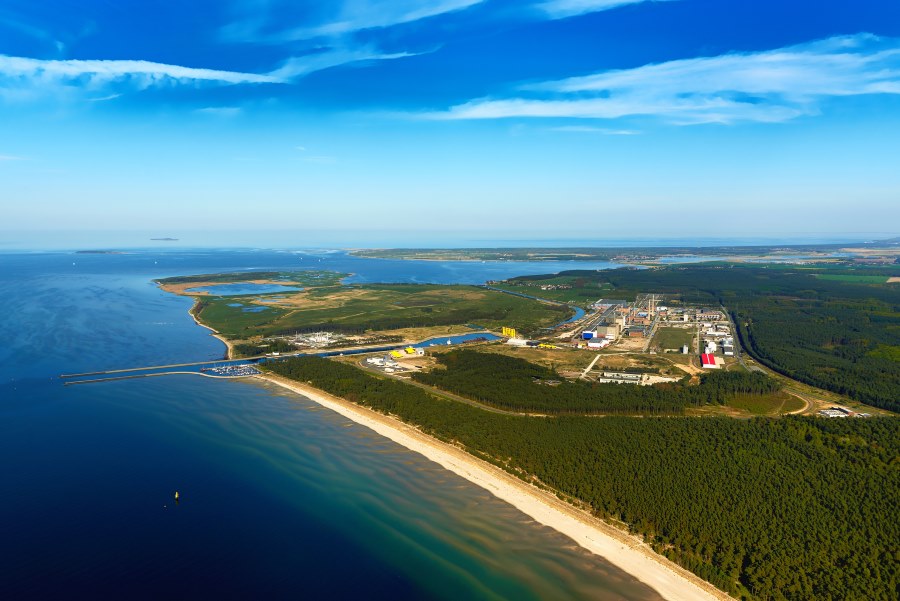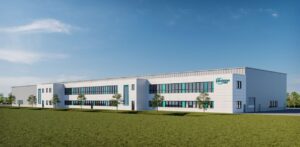Completion of the first construction stage is already planned for 2027. APEX will construct the plants and subsequently take over their operation as the owner. For the construction of plants to supply electricity and water and for wastewater disposal, there are intensive talks with other interested parties at the site to jointly build the necessary infrastructure.
In the final construction phase, the plant would generate up to 43,000 metric tons of hydrogen annually, avoiding more than 400,000 metric tons of CO2. The electricity used for this comes primarily from northern Germany and is generated exclusively from renewable sources, making it 100% green power.
The recently acquired plots of land have a total area of around 5.2 hectares. In addition, a further 1.1 hectares of land will be reserved for acquisition by APEX. The purchase price for the acquired land, which is located on the site of the decommissioned Greifswald nuclear power plant in the municipality of Lubmin, Germany, amounts to around EUR 1.7 million. The price of the reserved plots of land will be determined at a later date. Due to the existing infrastructure, the plots of land offer ideal conditions for one of the most important locations for hydrogen production in Germany in the future. For example, several offshore wind farms northeast of Rügen, which currently have a feed-in capacity of around 1.5 GW, provide sustainable sources of renewable energies, and the existing substation offers the possibility of connecting to Germany’s high-voltage transmission grid. Furthermore, APEX is participating in the project ’Flow – making hydrogen happen’ as an associated partner. The aim of this project is to enable the transport of hydrogen across Germany using the current natural gas infrastructure. Lubmin will be the northeast hub of the pipeline project in Germany. Thanks to this feed-in option, APEX will also be able to make its green hydrogen available to customers in southern Germany, for example, in the future. There are also plans to connect to Europe’s first hydrogen pipeline network.
APEX is carrying out the construction and operation of the plant independently and can draw on the expertise gained from the successful completion of previous projects as well as on an extensive partner network in all technical areas. This is demonstrated, for example, by the 100 MW IPCEI network project H2ero in Rostock/Laage and the H2-Wyhlen and HyBit projects in Bremen, where APEX is building the electrolysis plants.
The planned investments for the first construction phase, which includes the development of the necessary infrastructure, expert opinions, feasibility studies, planning and approval services as well as internal and external personnel costs, amount to around EUR 210 million.
Peter Rößner, CEO of APEX, said: “As part of this project, APEX is taking on the position of a national and, in the future, international hydrogen supplier. Lubmin is the most promising and important location for the German hydrogen industry and the acquired plots of land secure us an enormously valuable presence there as well as a strategic competitive advantage. Through the partnership with ‘Flow – making hydrogen happen,’ we are also participating in what is currently the most powerful infrastructure project for the expansion of the hydrogen infrastructure.”






